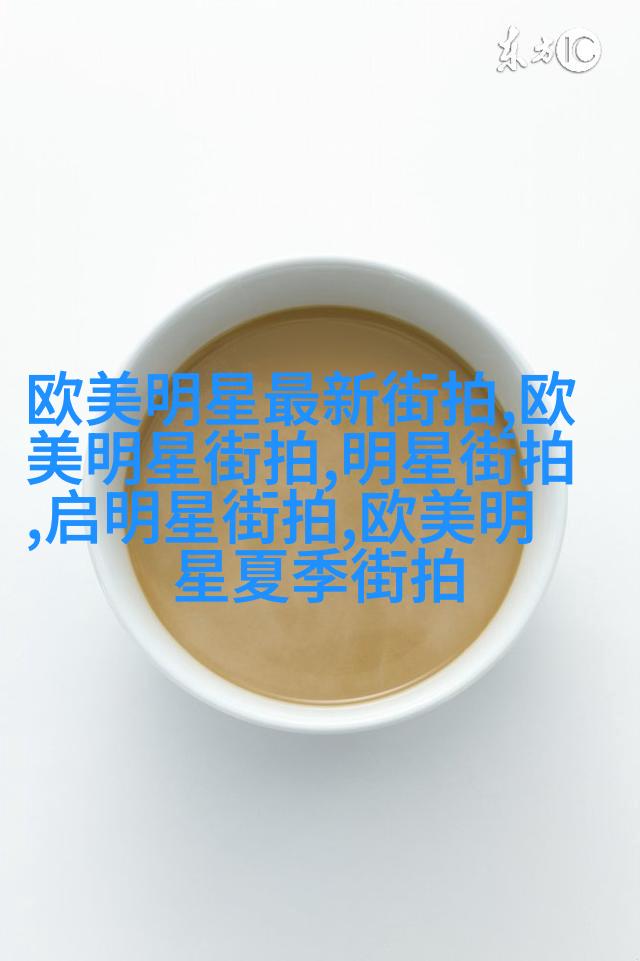在古代中国,家族关系和家庭伦理构成了社会秩序的重要组成部分。《玉氏春秋》,作为一部历史文献,深刻反映了当时社会的各个方面,其中尤其关注了女性的地位和作用。

家庭结构与传统观念
玉氏春秋通过对家族成员间关系的描绘,展现了古代家庭结构中的不同层级及其相互关系。男性通常掌握着家庭权力,而女性则被赋予一定程度的独立性,但同时也受到严格的道德规范约束。

女性的角色与地位
females in ancient Chinese society were largely confined to domestic duties, but they also played important roles in maintaining family relationships and managing household affairs. The text highlights the importance of women's moral integrity and their influence on shaping family values.

亲子关系与教育方式
The novel portrays a range of parent-child relationships, from filial piety to conflict-ridden dynamics. It sheds light on the education methods employed during that era, which placed great emphasis on Confucian classics and social etiquette for both boys and girls.

婚姻制度与夫妻关系
Marriage was a crucial institution in ancient China, with arranged marriages being the norm. 玉氏春秋 explores various aspects of marital life, including the expectations placed upon husbands and wives, as well as the consequences of mismatched partners or unfulfilled desires.

社会阶层差异与冲突
Social hierarchy was rigidly defined in ancient China, with different classes enjoying varying degrees of privilege and power. The text reveals tensions between individuals from different strata who interacted within families or through business transactions.
道德标准及个人选择
In an era governed by strict moral codes, characters often faced difficult choices between personal desire and societal expectations . Through these dilemmas , 玉氏春秋 delves into human nature's complexity while highlighting individual agency within a restrictive social framework.
Through its rich narrative tapestry woven around themes such as family structure , gender roles , educational practices , marriage customs , social stratification & interpersonal conflicts along with exploring moral standards & personal choice s – this historical novel provides valuable insights into how people lived their lives during that time period while simultaneously reflecting contemporary debates about identity politics today



